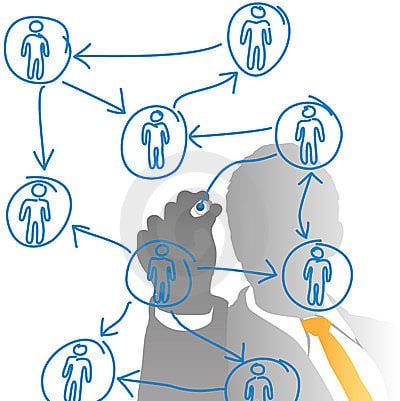Human Resource Development

One of the most challenging tasks human resource departments face is keeping up with onboarding new employees and training tenured employees. Developing proper training takes a lot of time and resources. That is where human resource development professionals come in.
Human resource development is a field of study that has its roots in education and organizational research. The main functions of human resource development are to facilitate an environment that offers equal opportunities for all employees, improve the skills of employees to be more productive, and develop employees so that they can adapt to change. Human resource development professionals’ job descriptions vary from organization to organization, but in general, they play a variety of roles within an organization depending on the need.
Roles of a Human Resource Development Professional
A human resource development professional should know organizational behavior, labor laws and policy, hiring and promotion skills, training skills, supervisory skills, performance appraisal skills, and career counseling skills. This list is not exhaustive. Depending on the organization, there could be even more skills that a human resource development professional may need. The role of a human resource development professional is not narrowly defined so that they will play any (or all) of the following functions within an organization.
Learning and Development
Human resource development professionals will need to know adult learning and instructional design theories. These theories will guide them through creating and disseminating training and development opportunities. Some human resource development professionals act as instructional designers, meaning they use rapid e-learning tools to create courses, upload them to an online learning platform, and evaluate learners. In the case of face-to-face courses, human resource development professionals may act as trainers.
Coaching and Mentoring
At times an employee will need help improving their performance. Human resource development professionals can use their knowledge of coaching and mentoring to assist employees in tackling issues in either their personal or professional life that may be preventing them from working at their full potential. Coaching and mentoring employees can be time-consuming, but in the long run, it benefits the organization by reducing turnover.
Researcher
Organizations, the marketplace, and human behavior are constantly evolving. Human resource development professionals need to keep on top of trends and issues in each area to make sure that they can effectively manage the development of the organization’s employees. By reviewing current research, human resource development professionals can identify areas of need in the organization. Human resource development professionals will often use metrics and statistical analysis to report back to top management about areas where training and development can improve practice.
Administrator
Human resource development professionals spend a lot of their time coordinating resources. Whether it’s scheduling an onboarding class for new employees, or testing software for creating online learning, there is no end to the number of moving parts in the world of training and development. Human resource development professionals must be proficient communicators with strong organizational skills. They should possess some project management skills as well to help them to keep track of all the different projects of which they will be in charge.
Trakstar Learn Helps Human Resources
A robust learning management system will help human resource development professionals keep track of their training and development projects. Learn is a learning management system that stores training, course progress, and assessment data all easily accessible from the web. Request a demonstration of the Learn platform. See for yourself how easy the Learn LMS is to use.